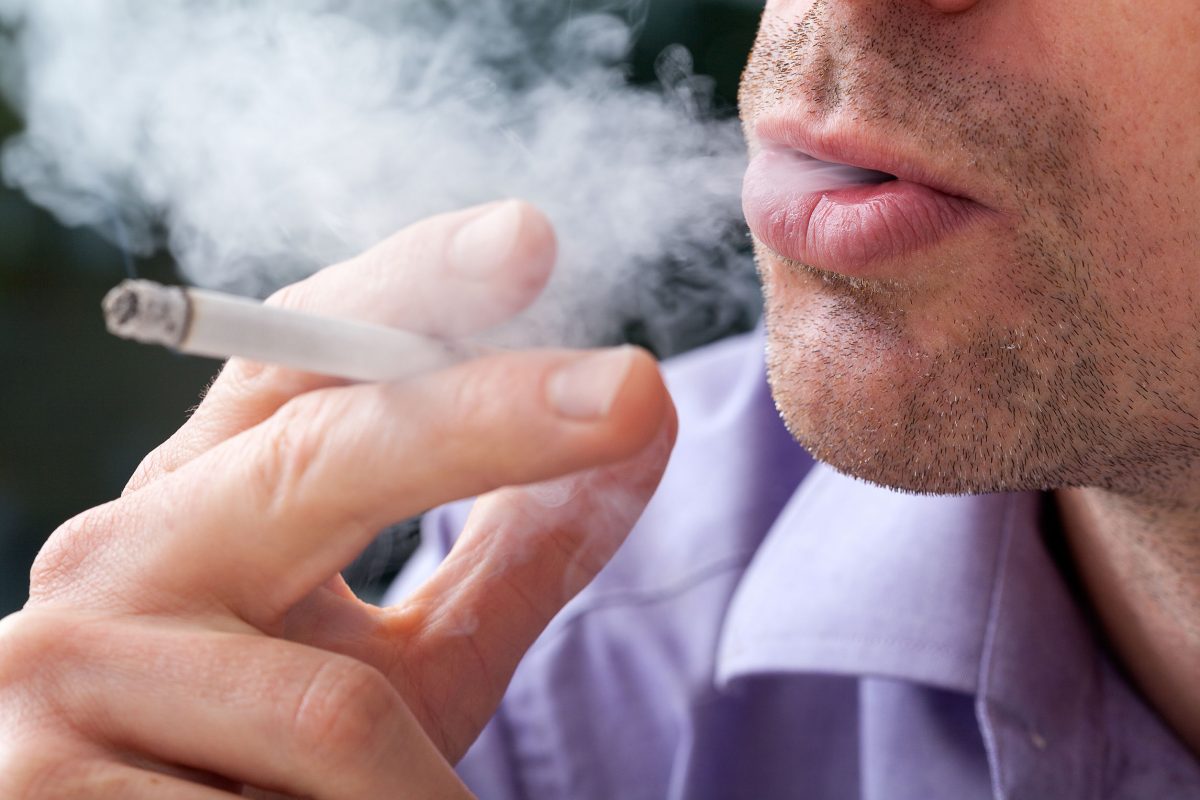Despite a ‘smoke and mirrors’ campaign on the other side, Manhattan voters sent a loud message to city hall on increasing taxes. On Tuesday, Little Apple voters shot down a proposal to increase the city’s sales tax by 0.3%, with 55% of voters voting ‘no.’
“Manhattan voters and their citizens said enough is enough,” said Rob Fillion, the community engagement director for Americans for Prosperity-Kansas.
The $3.3 million raised by the tax would have been used to pay down debt on several projects including airport improvements and upgrades to the levee, and to build a recreation center. Fillion said the money would have gone to the general fund. Had the tax been approved, city commissioners wouldn’t be under any obligation to spend the money as the sales tax proponents said it would be used.
“We didn’t really know where that money was going to go,” Fillion said. “They ran a smoke and mirrors campaign, and the grassroots folks ran a campaign of reality.”
Grassroots organizers faced an uphill battle in defeating the sales tax initiative. The city of Manhattan published flyers and social media posts, using taxpayer resources, to educate the public about the tax. Legally, the city is allowed to use its resources to educate on a ballot initiative, though resources can’t be used for express advocacy.

The flyers touted that with the sales tax increase, Manhattan’s tax rate would be lower than the sales tax rate of 10 other cities of the first class in Kansas and listed projects the sales tax would fund. The flyers warned that without the sales tax increase, some infrastructure projects “may be scaled back or delayed, which could cost taxpayers more over time.” The flyers reported that a quarter of all sales taxes generated in Manhattan come from out-of-town visitors.
“What happens when those 25 percent of outside sales tax stops coming in because visitors are not going to spend their money in Manhattan?” Fillion says opponents of the tax increase told potential voters in the days leading up to Tuesday’s election. “What happens when people coming into town for a K-State game stop in Topeka to get food and eat versus spending that money in Manhattan? What happens when they stop in Junction City to fill up on gas and don’t fill their tanks in Manhattan?”
The newspaper also advocated for the tax increase.
“It’s hard to get too excited about a tax increase, but we think the city government’s proposal for one makes sense,” the Manhattan Mercury editorial board quipped. “That’s why we’re encouraging voters to vote ‘yes’ on the sales tax question that appears on the Manhattan ballot.”
Voters rejected the Mercury’s stance, however. By a 55-45 percent margin, the sales tax initiative failed.
“When we were able to show up at their doors and show them the facts and the truth, it opened a lot of people’s eyes,” Fillion says.
It was a grassroots movement to kill the initiative, Fillion says, though AFP-Kansas helped organize.
“We played a significant role, but if you saw the signs around town, those were not paid for by us. That was a group of local citizens who spent their money to do that,” he said.
Tax initiatives are notoriously difficult to defeat, especially when launched during a local election, according to Mike Pirner, a political consultant in Johnson County. That’s in part because the turnout in local elections is historically low, allowing organizations like the city of Manhattan, which already have an infrastructure and resources, to have an outsized influence.
“Last night was weird,” Pirner said. “Local elections are very hard to win. If you win any of them, you should throw a parade.”


